
Exploring Yunnan’s stunning landscapes and vibrant cultures is a joy—provided you keep your health front and center. Follow these expert-backed tips to stay fit, safe, and energized throughout your Yunnan adventure.
1. Stay Hydrated
- Why it matters: Yunnan’s varying climates and high elevations can lead to dehydration.
- Tip: Carry a reusable water bottle and aim for at least 2–3 liters of plain water or electrolyte drinks per day, especially when hiking or touring high-altitude areas.
2. Practice Food Safety
- Why it matters: Local delicacies are delicious but can carry foodborne risks.
- Tip: Opt for busy, reputable eateries. Avoid raw vegetables and street vendors of unknown hygiene. Ensure meat and seafood are fully cooked and served hot.
3. Acclimatize to Altitude
- Why it matters: Destinations like Lijiang and Shangri-La exceed 2,500 m, where oxygen levels drop.
- Tip: Spend your first 1–2 days at lower elevations (e.g., Kunming or Dali). Limit strenuous activity, drink plenty of fluids, and consider preventive medication like acetazolamide.
4. Protect Against Mosquitoes
- Why it matters: Dengue, malaria, and other mosquito-borne illnesses can occur in rural and tropical zones.
- Tip: Apply DEET-based repellent at dusk and dawn. Wear long sleeves and pants in villages and forested areas, and sleep under a treated mosquito net if needed.
5. Guard Your Skin from UV Exposure
- Why it matters: UV intensity increases with altitude and latitude.
- Tip: Use broad-spectrum SPF 30+ sunscreen, reapply every two hours, and wear wide-brimmed hats, UV-blocking sunglasses, and lightweight cover-ups.
6. Update Your Vaccinations
- Why it matters: Preventable diseases like hepatitis A/B, typhoid, and Japanese encephalitis pose regional risks.
- Tip: Visit a travel clinic 4–6 weeks before departure to review routine shots and discuss destination-specific vaccines.
7. Maintain a Balanced Activity Level
- Why it matters: Overexertion can trigger fatigue or altitude sickness.
- Tip: Incorporate gentle exercise—morning yoga, easy hikes, or cycling around Erhai Lake—while gradually increasing intensity as you adjust.
8. Respect Local Health Customs
- Why it matters: Traditional remedies and customs can complement modern care.
- Tip: Sample local herbal teas (e.g., Pu’er tea for digestion) and follow villagers’ advice on altitude-friendly foods like barley porridge in Tibetan highlands.
9. Secure Comprehensive Travel Insurance
- Why it matters: Adventure activities and remote medical evacuations can be costly.
- Tip: Choose a policy covering medical treatment, emergency evacuation, and trip interruption for peace of mind.
10. Keep Emergency Contacts Handy
- Why it matters: Quick access to help can be lifesaving.
- Tip: Store local emergency numbers (police, ambulance), your country’s consulate, and your hotel’s contact in both your phone and a paper copy.

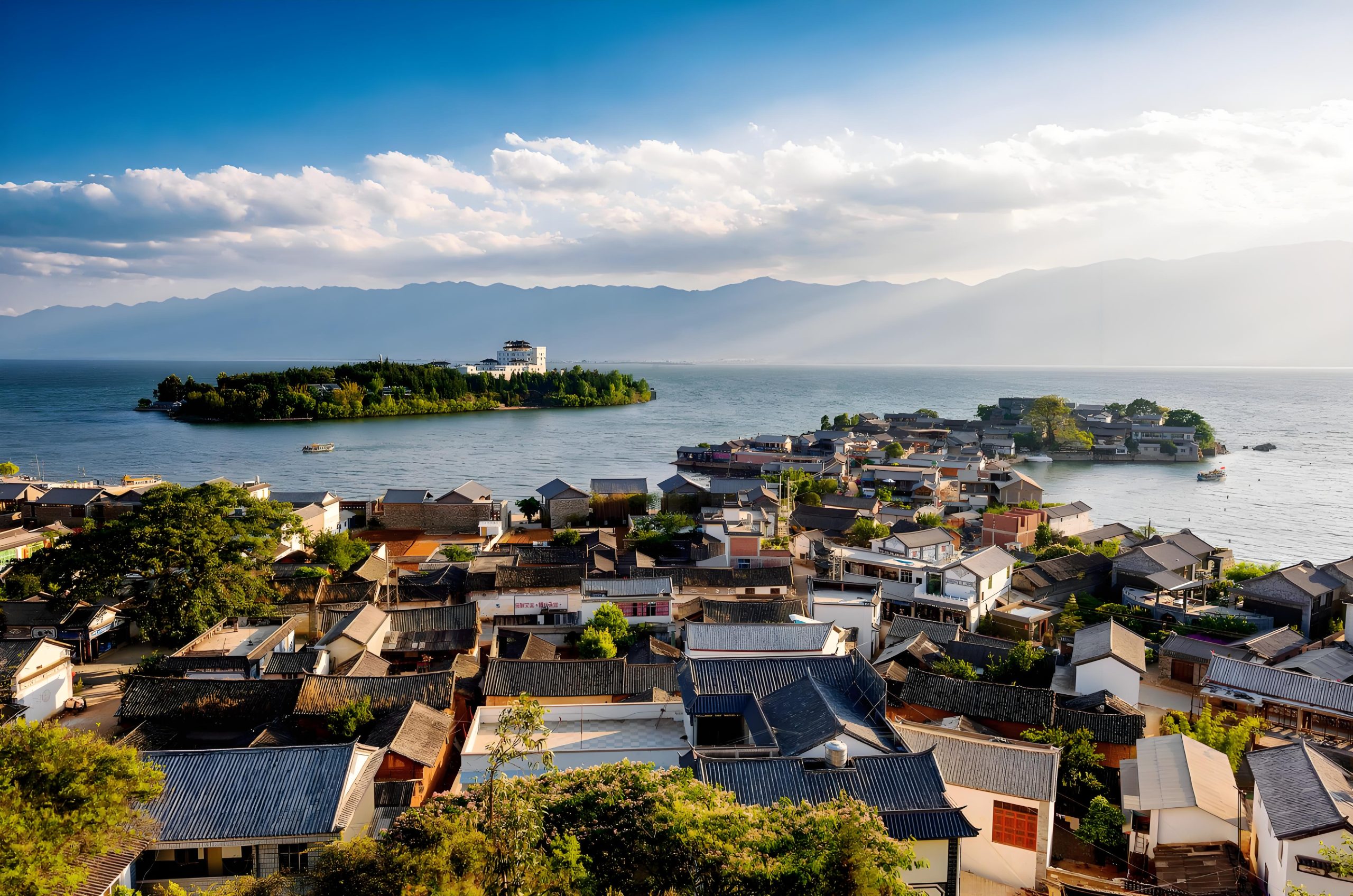
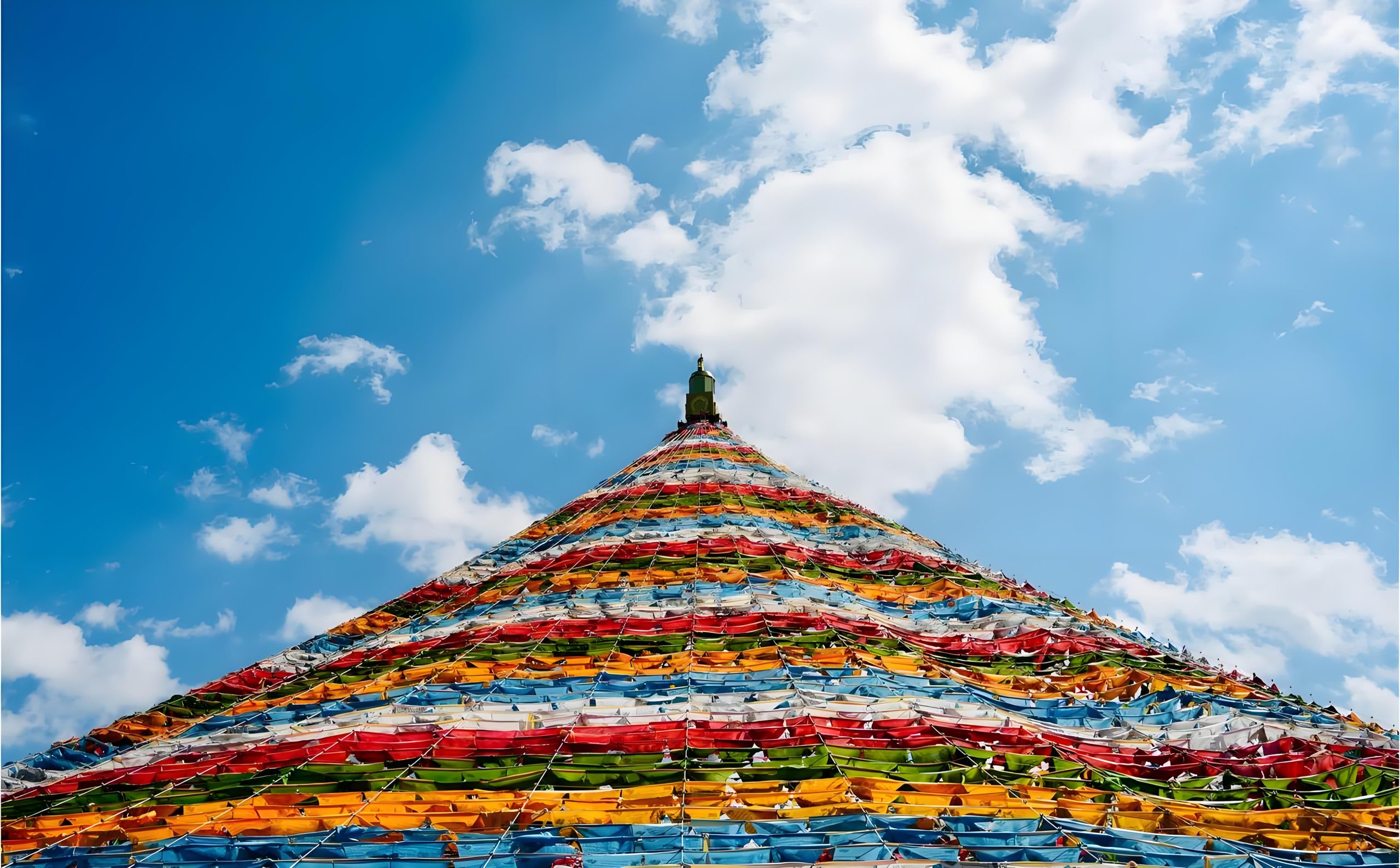
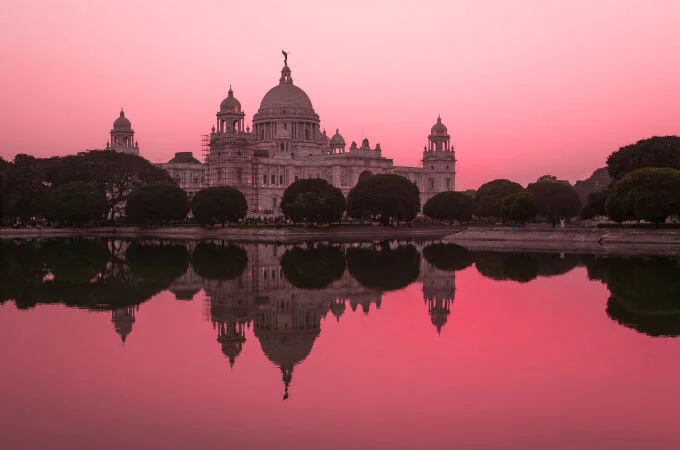
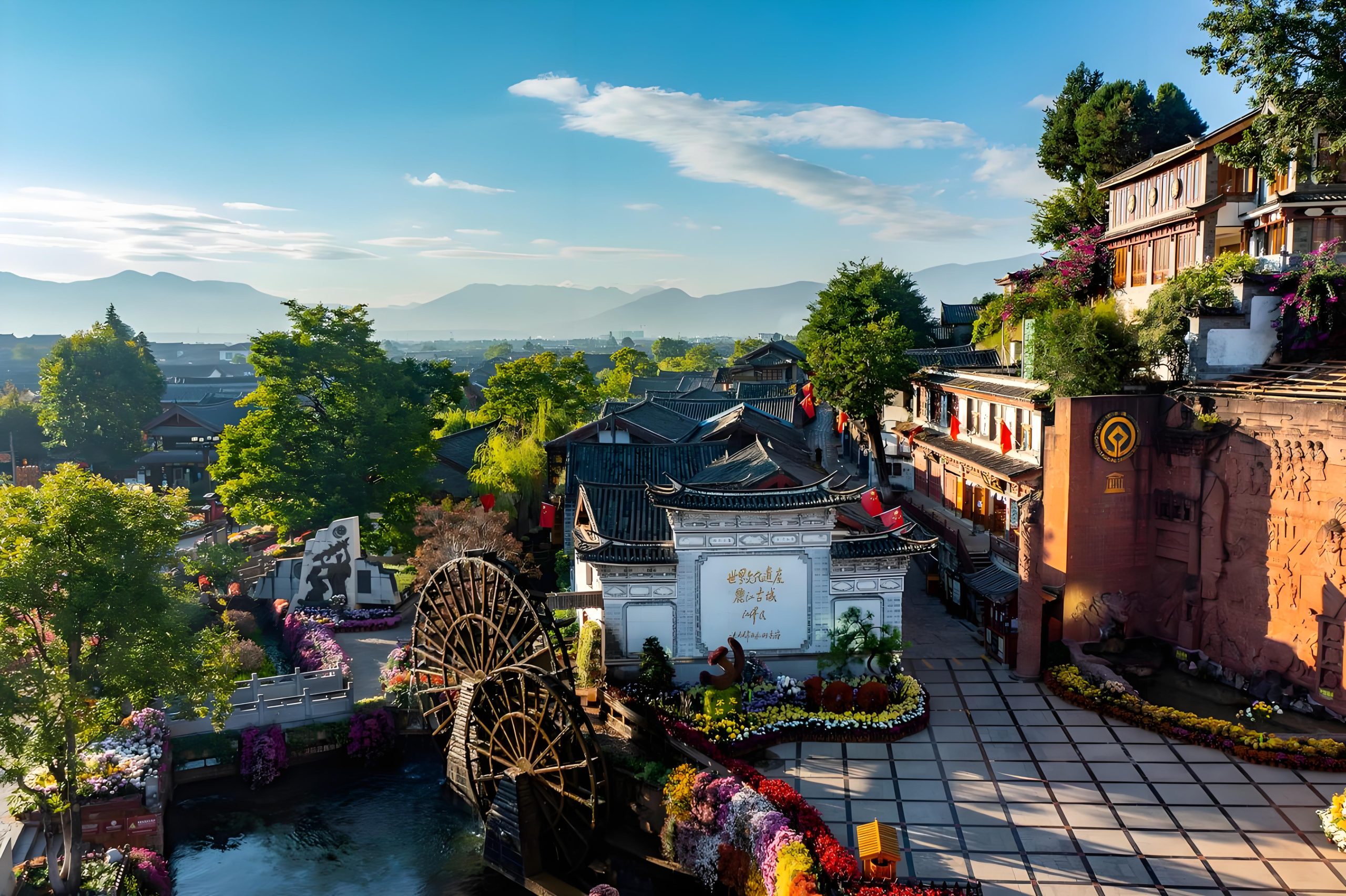
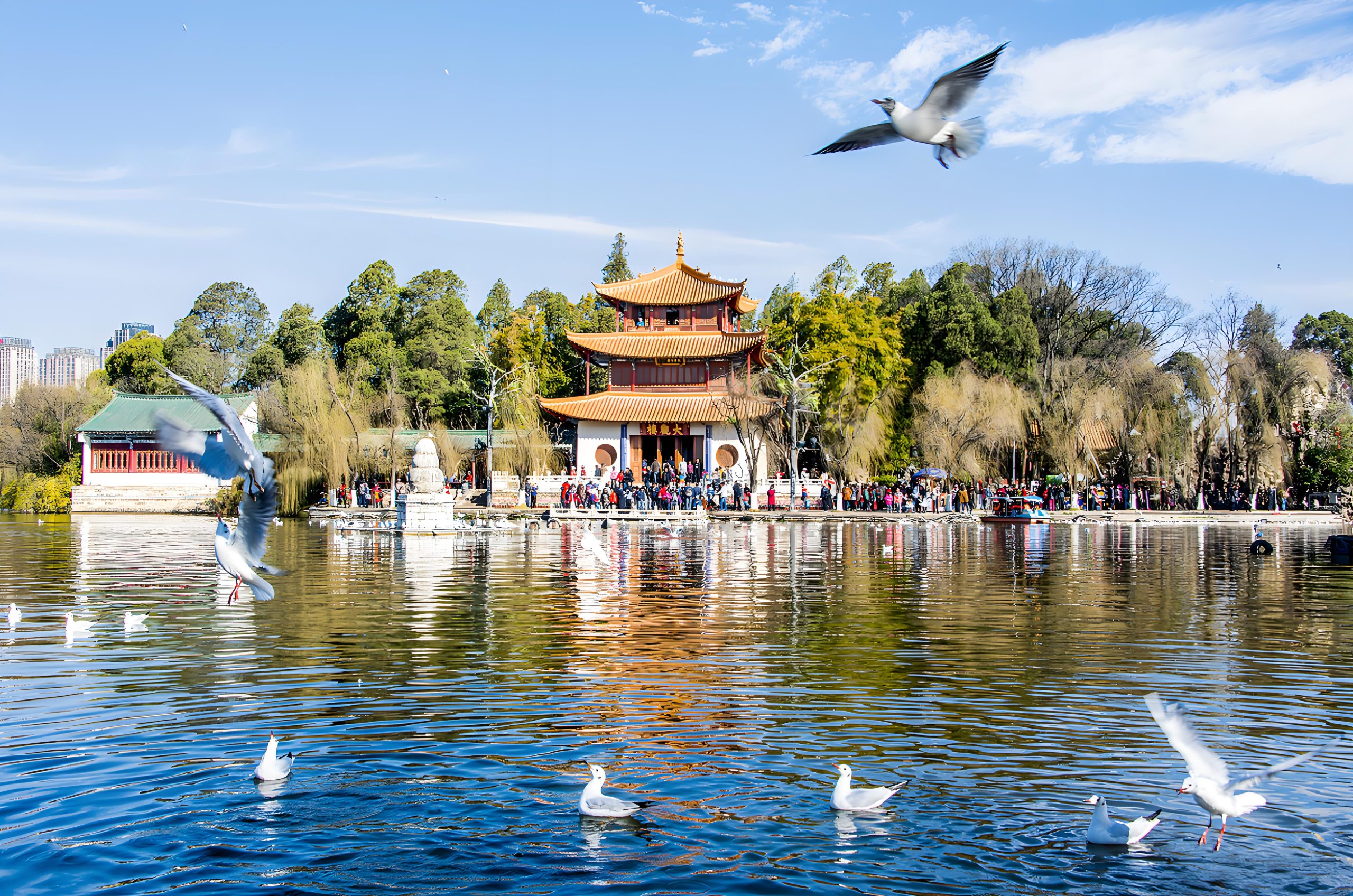

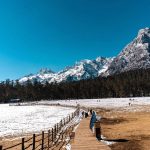
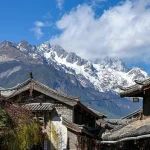


Leave a comment: